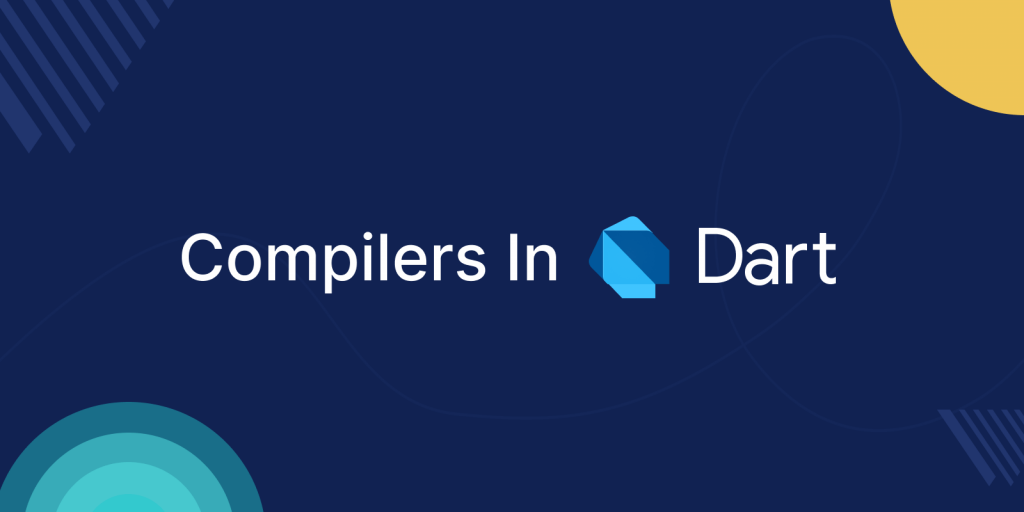
In this article, we will explore JIT and AOT compilers in Dart.
Compilers are a crucial part of every software development. Dart programming language uses Just In Time and Ahead Of Time compilation methods for its program compilation.
Dart includes both a Dart VM with just-in-time (JIT) compilation and an ahead-of-time (AOT) compiler for producing machine code for the Native platforms.
For the Web platforms, the web compiler translates Dart into JavaScript.
So let’s explore more on them.
Understanding JIT and AOT compilers in Dart
Dart is a versatile programming language developed by Google, designed for building web, mobile, and desktop applications. It’s known for its performance and flexibility, which is achieved in part through the use of both Just-In-Time (JIT) and Ahead-of-Time (AOT)
What is a Just-In-Time (JIT) compilation?
Just-in-time means making “only what is needed when it is needed and in the what amount it is needed.
Dart utilizes a JIT compiler to translate its human-readable source code into machine code that can be directly executed by the CPU.
Just-in-time compilation is a dynamic compilation process that occurs during runtime, shortly before the code is executed.
During development, a fast developer cycle is critical for iteration. The Dart VM offers a just-in-time compiler (JIT) with incremental recompilation (enabling hot reload), and rich debugging support.
When a Dart application is executed, the JIT compiler observes the program’s behavior and identifies frequently executed code paths, hotspots, and type information. It then applies optimizations such as inlining, dead code elimination, and dynamic type specialization. These optimizations lead to enhanced performance by tailoring the machine code to the specific usage patterns of the application. Consequently, JIT compilation is particularly effective for development environments where rapid feedback and iteration are crucial, as it allows developers to see the impact of their code changes almost immediately.
You can check the official documentation here
What is an Ahead-of-Time (AOT) compilation?
AOT compilation is performed ahead of the application’s execution, translating Dart code into machine code before it’s actually run.
The AOT compiler works by compiling your code before it is delivered.
The AOT compiler manages memory using fast object allocation and a generational garbage collector.
AOT-compiled code is guaranteed to have fast startup and consistent runtime performance, with no latency during early runs. JIT-compiled code is slower at startup, but it can have better peak performance after it runs long enough for runtime optimizations to be applied.
Check here for the Dart command-line tool.
Conclusion
The major difference that exists between Ahead-Of-Time and Just-In-Time compilation is the time in which the compilation happens.
Please check my other blogs here.
You may also check our Flutter app development page.

Be the first to comment.